
Virtual Field Trips using Google Earth/Maps
Abi Stone (SEED) describes her use of Google Earth and Google Maps to create virtual field trips.
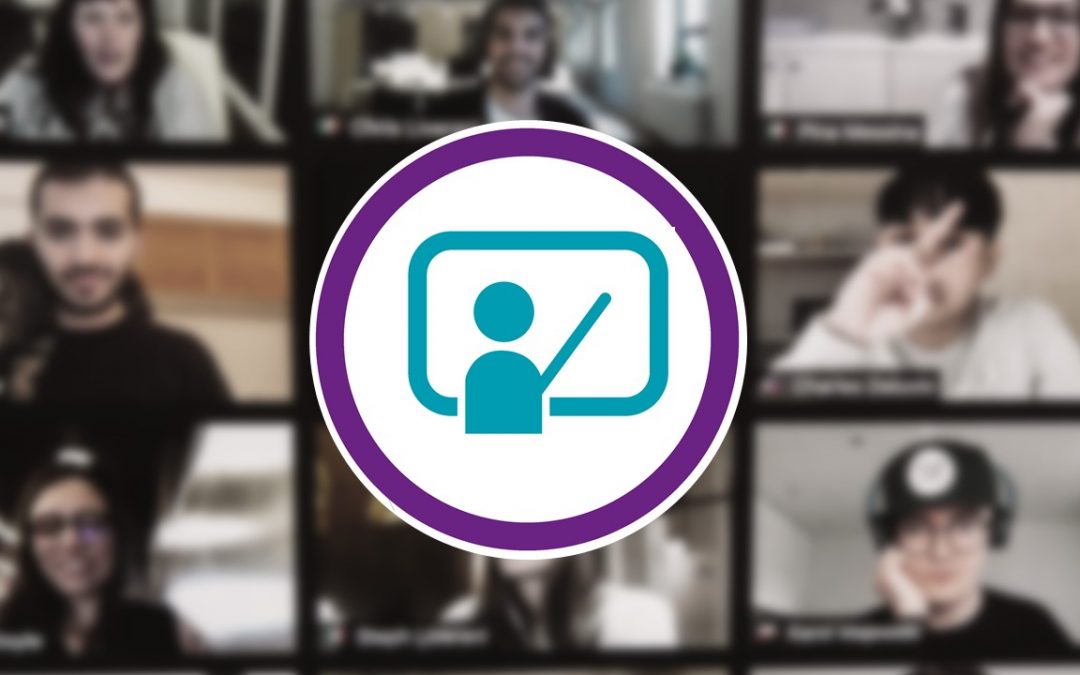
Interactivity via Whiteboards
In this brief review Ross Jones (SEED) explains how he successfully uses Whiteboard features in live online lectures to encourage student participation and engagement in class.
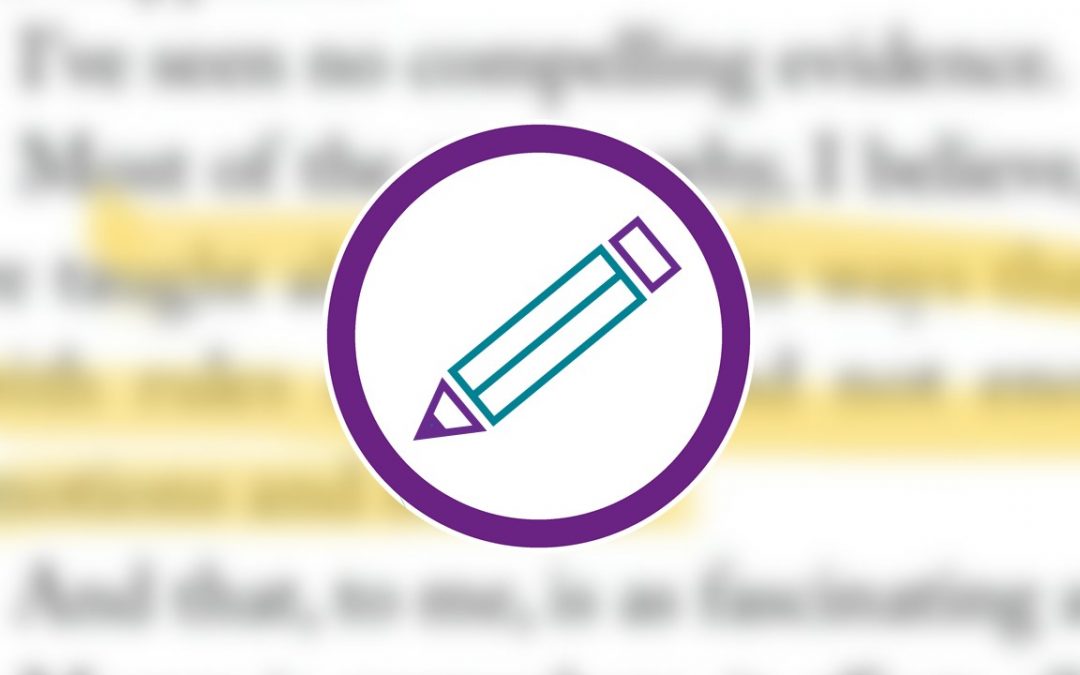
Authentic immersive reading with social annotations
Ana Niño (SALC) describes how she enhances immersive reading and reading comprehension with Hypothes.is – the social annotation tool.
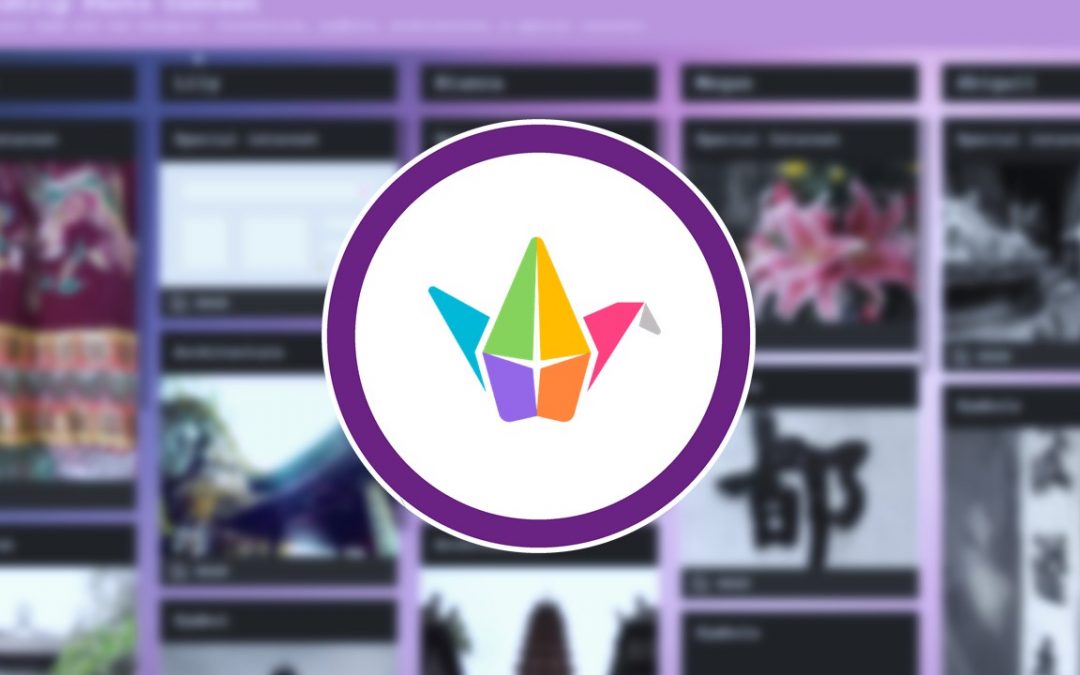
Using Padlet to drive student engagement and contributions during online seminars
Matt Varco (SEED) uses Padlet together with Zoom breakout rooms to maintain momentum during online sessions. Here he breaks down the steps he takes before, during and after the sessions and explains how he uses Padlet ability to embed multimedia to make sessions more engaging, replicating online the immediacy of in-person discussions.

Workflows for better Zooming and lecture recording
Alex Gunz (AMBS) rereports on how he uses Open Broadcast Software (OBS) to build and deliver presentations asynchronously that integrate multiple applications in a fluid and articulate manner.
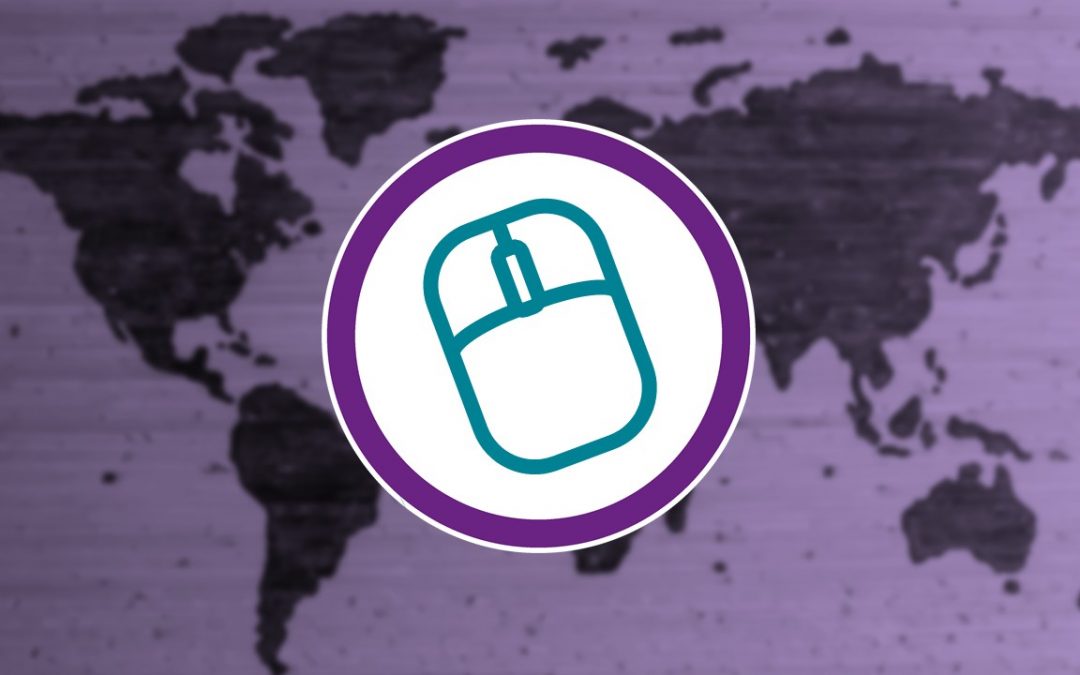
Student Perspectives on the Move to Online
Humanities students share their unfiltered perspectives on the move to online learning.
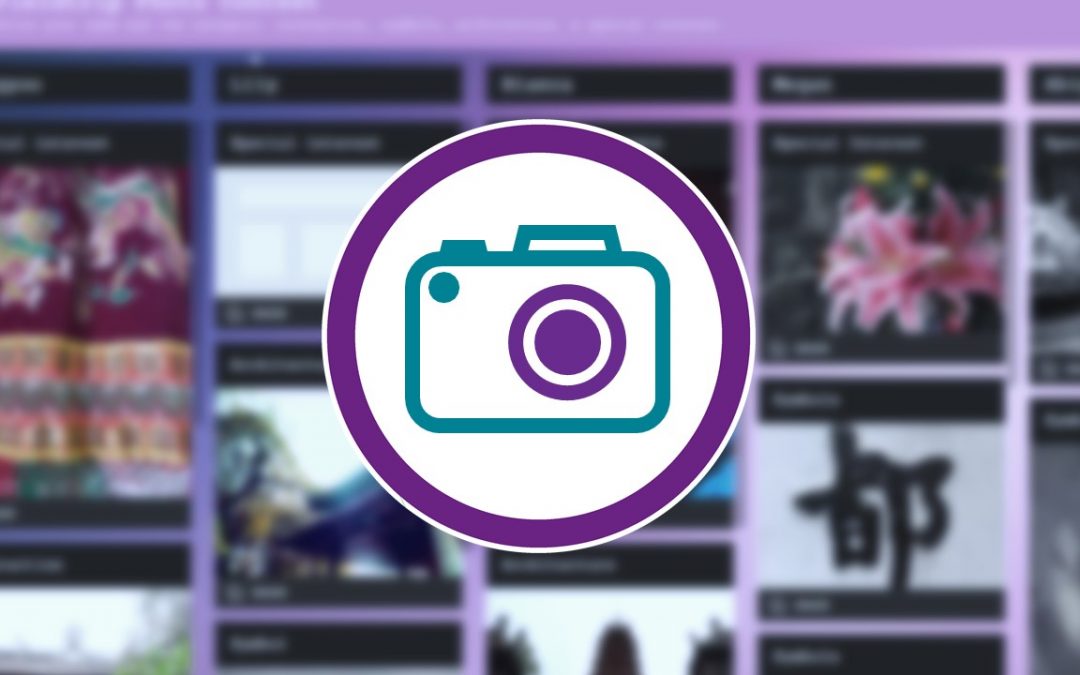
Capturing and reflecting on individual learning journeys through a photographic competition
SEED academics Loretta Anthony-Okeke, Heather Cockayne, Susan Dawson and Zhuo Min Huang describe a student experience event in which MA students in MIE were asked to reflect on their learning journey throughout the year and choose a photo they had taken to represent those reflections accompanied by a written commentary.

Using Padlet to provide a clear course structure and guide students through an online module
Heather Cockayne (SEED) describes using Padlet for online collaborative tasks and building a repository of student work.
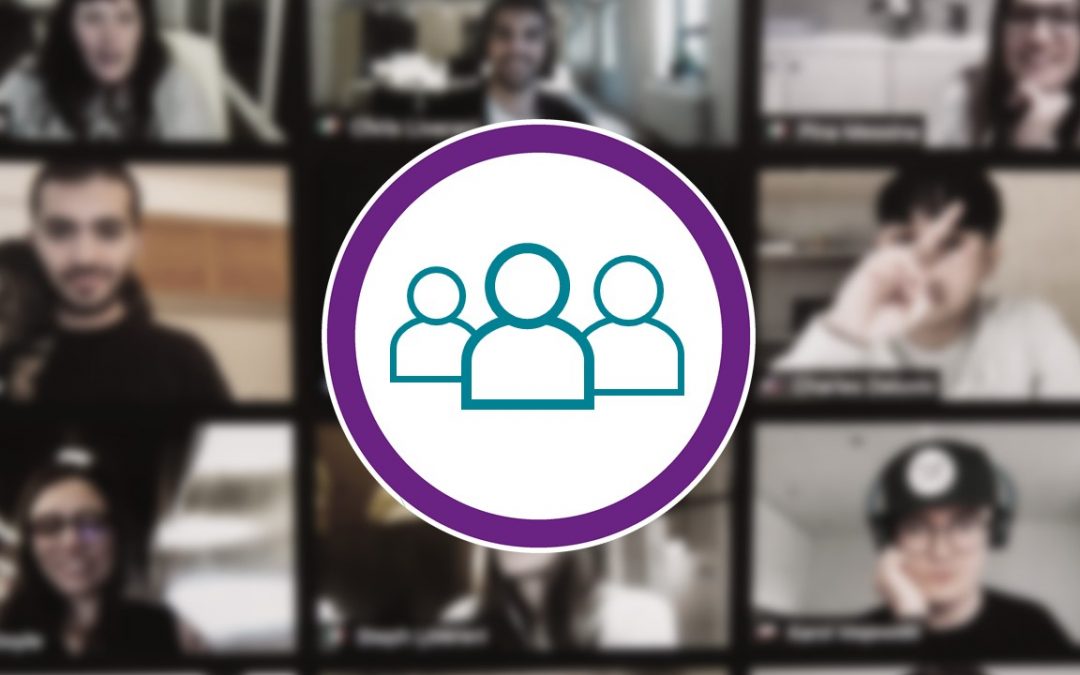
Group activities in breakout rooms and interactive online teaching
Following great student feedback, Razieh Zandieh shares the synchronous and asynchronous activities which helped to enhance social interaction amongst students, and shape groups for group assignments.
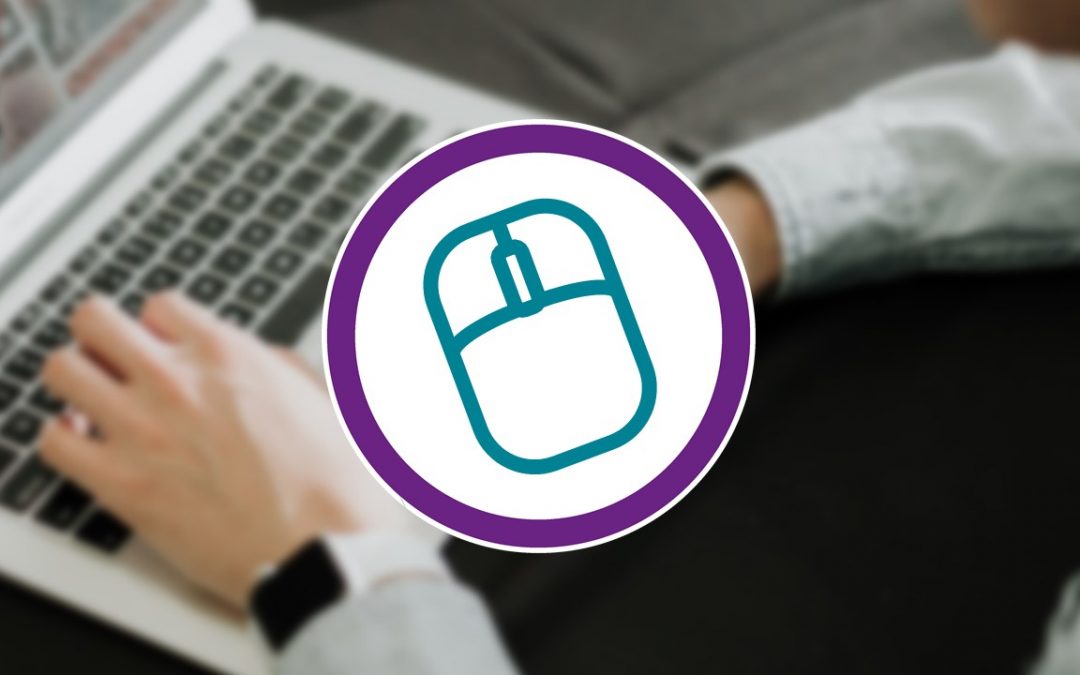
Using an Online Interactive Textbook for Content Delivery
In this case study, Ralf Becker (SoSS) describes his use of an online textbook-type resource (incorporating Mobius) which was used in a large Mathematics for Economists unit.

Providing student support via live instant chat
Jen Haworth (SALC) reports on the introduction and use of a live chat tool (LibraryH3lp) to provide instant support to students during the exam period.

Groupwork to produce a collaborative radio programme/podcast
Melanie Giles (SALC) discusses how she set up small online groups to deliver assessed ‘podcast’ style pieces of cutting-edge research while developing student collaborative and employability experiences.

Co-designing the curriculum with students and employers
Ali Owrak (AMBS) presents his journey and experience of delivering a co-designed curriculum with both employers and students’ active engagement, reviewing role of student and employer collaboration in teaching.
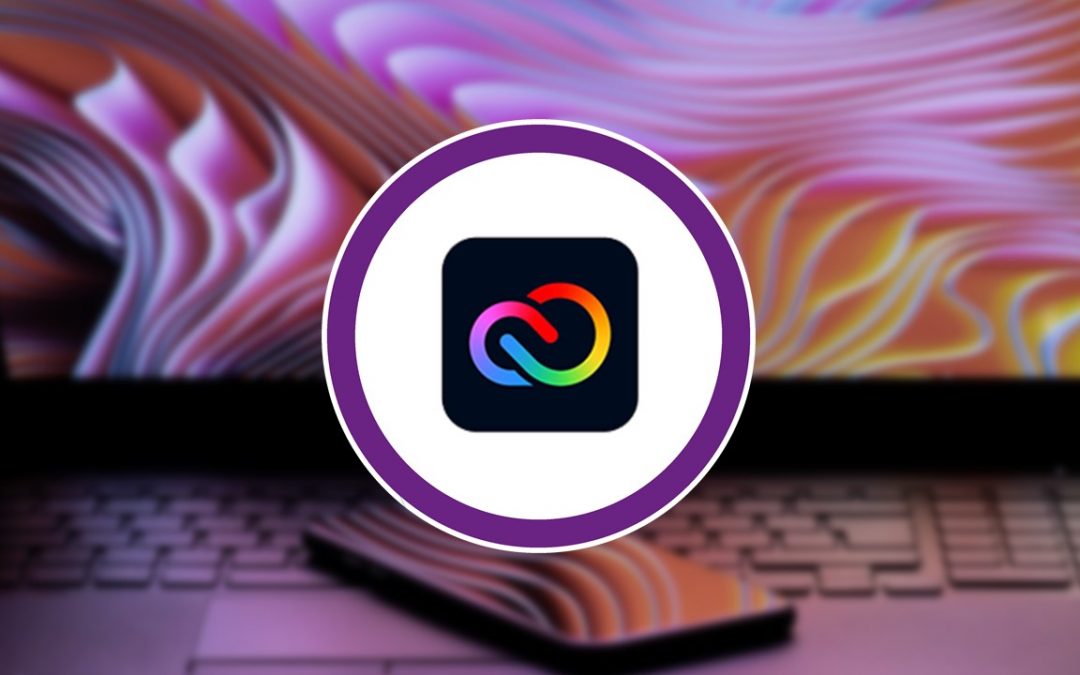
Delivering interactive lectures for large student cohorts using Adobe Spark (now Adobe Express)
Nicole Martin and Rosalind Shorrocks (SoSS) show us how they used Adobe Spark to create asynchronous but interactive lectures for a large compulsory level 1 Politics unit.

Recording short pre-lecture video clips to introduce lectures and key themes
Ian Mell (SEED) explains how he produced weekly screencasts and video to introduce students to topics being debated in lectures.

Delivering Teaching Materials with Adobe Spark (now Adobe CCE)
Mabel Sanchez Barrioluengo (AMBS) shares her experience of using Adobe Spark to deliver teaching materials.

Using a Spark (now Adobe CCE) to guide preparation for a class
Alison Jeffers (SALC) used a Spark page to help first year Drama students gauge the scope and scale of work required to prepare for a class.
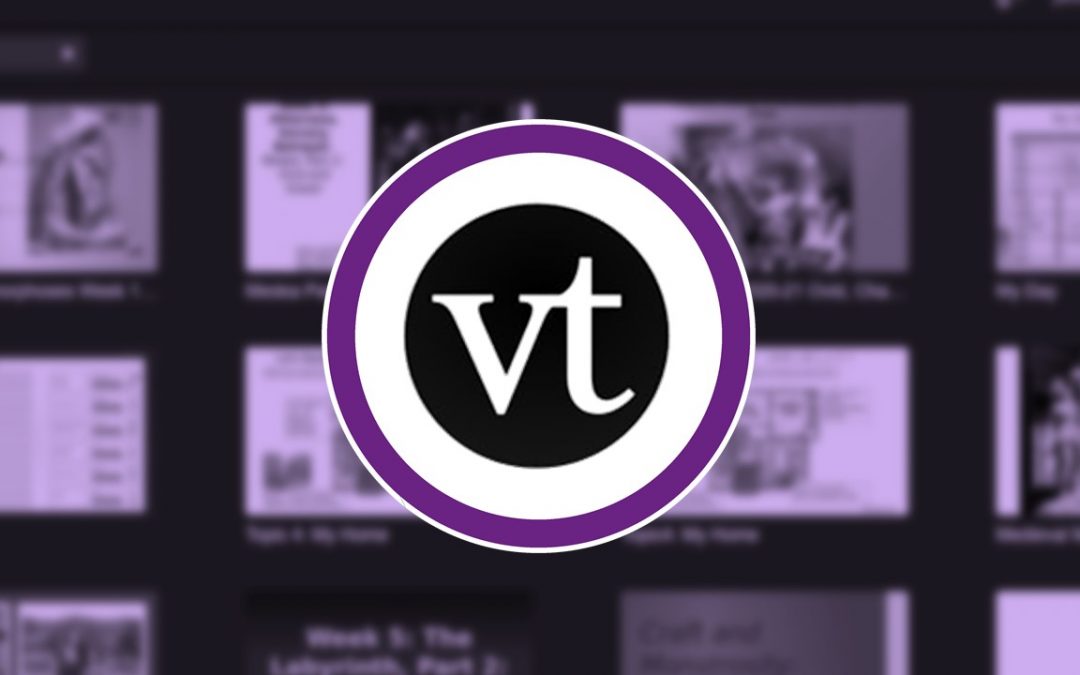
Using VoiceThread to provide accessible weekly introductions to key course content
Juup Stelma and Nahielly Palacios (SEED) show us how PowerPoints in Voicethread with short videos provide ‘snappy’ and accessible weekly introductions to key course content.

Using Padlet for math tutorials to make classes interactive
Ekaterina Kazak (SoSS) describes using Padlet for her math tutorials to make the derivation classes interactive.
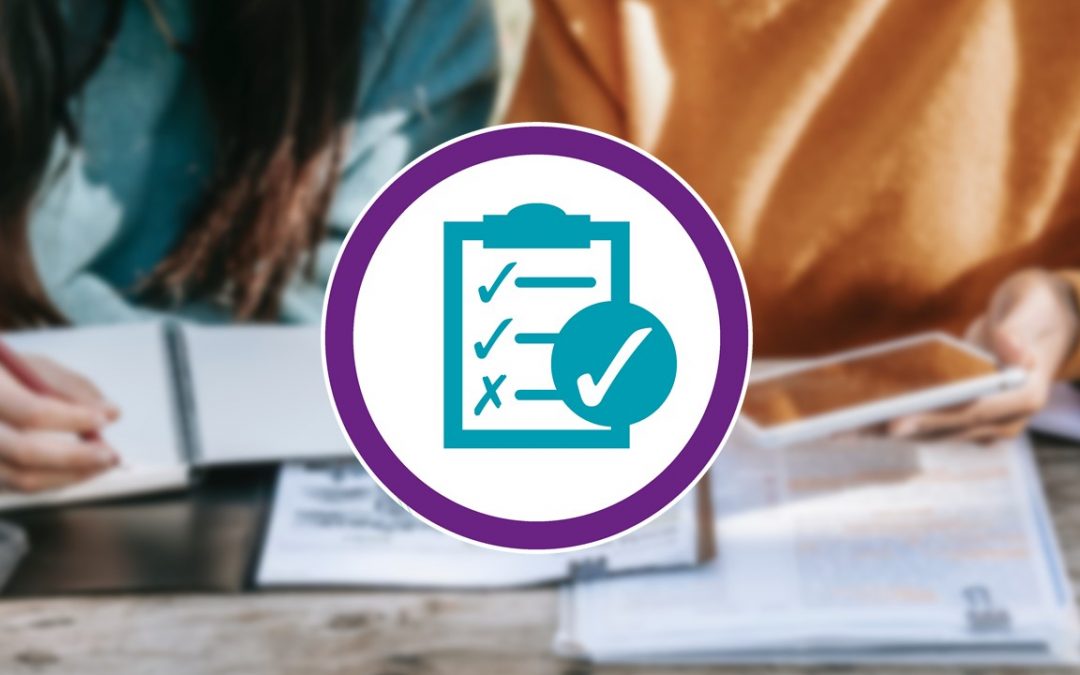
Using peer assessment to improve essay writing skills & understanding of assessment criteria
Dan Rigby (SoSS) discusses how he improved students’ essay writing skills and understanding of assessment criteria, with the use of peer marking, adaptive release, and breakout rooms.





